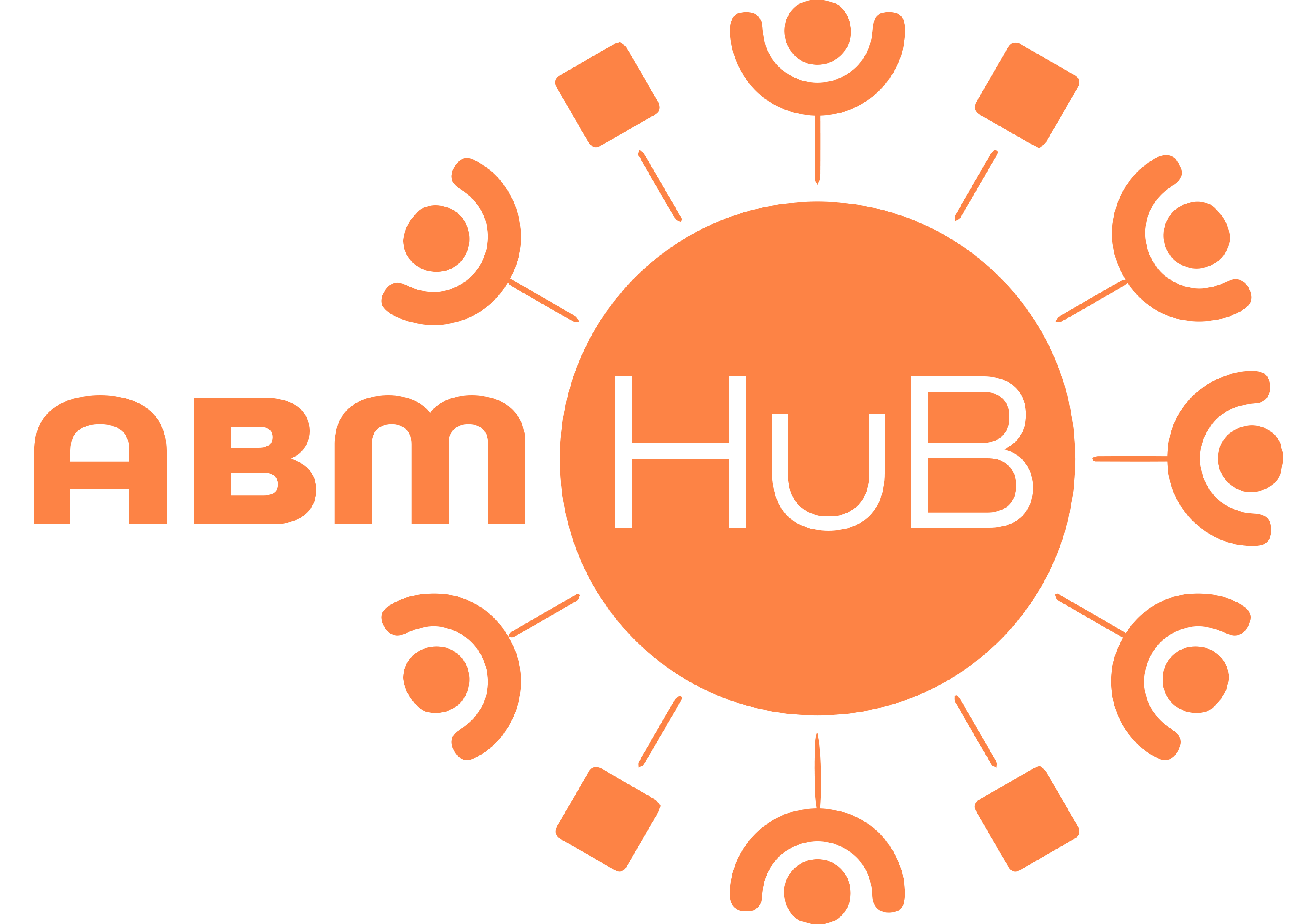
4th International Workshop on Agent-Based Modelling of Human Behaviour (ABMHuB'22)
Agent-based modelling has a long history of success in many related fields from economics and cooperative behaviours, to social conflict, civil violence and revolution.
ABMHuB'22 aims to bring together researchers who are interested in using agent-based modelling to understand human behaviour. It is a combination of computational modelling, social science and behavioural science, which is a growing area of research. We want to build a focused group of people, bringing together many of the researchers in this field. The motivation behind this workshop is to improve our understanding of collective human behaviour and address significant issues that are affecting the human population today, such as climate change, pandemic and misinformation. Alife models offer the capability to create realistic laboratories for which to conduct experiments and progress our understanding in the area. A workshop in this area can encourage researchers to use behavioural modelling to assess, challenge or even replace competing theories of human behaviour.
ABMHuB'22 will be a virtual workshop held in conjuction with the 2022 Conference on Artificial Life. ABMHuB workshops for previous years can be found in ABMHuB 2021, ABMHuB 2020 and ABMHuB 2019.
ABMHuB'22 Workshop Schedule
The ABMHuB'22 workshop was held virtually on Thursday 21 July 2022. Click here to watch the recording of the workshop.
It started at 12:00 UTC (13:00 BST/14:00 CET) and ended at 15:00 UTC (16:00 BST/17:00 CET). There were two sesssions, with a 10-minute break in between.
| Time (UTC) | Title |
|---|---|
| Session 1 (12:00-13:30 UTC / 13:00-14:30 BST / 14:00-15:30 CET) | |
| 12:00-12:10 |
Welcome Soo Ling Lim and Peter J. Bentley |
| 12:10-12:20 |
Two Ways of Understanding Social Dynamics: Analyzing the Predictability of Emergence of Objects in Reddit r/place Dependent on Locality in Space and Time [pdf] Alyssa M Adams, Javier Fernandez and Olaf Witkowski |
| 12:20-12:30 |
An Agent-Based Model of Collective Decision-making in Correlated Environments [pdf] Louisa Jane Di Felice and Payam Zahadat |
| 12:30-12:40 |
Emergent communication for coordination in teams of embodied agents [pdf] Kevin Godin-Dubois, Sylvain Cussat-Blanc and Yves Duthen |
| 12:40-12:50 |
Societies prefer the Middle-ground between Selfishness and Cooperation [pdf] Brandon Gower-Winter and Geoff Nitschke |
| 12:50-13:00 |
Decentralized scheduling through an adaptive, trading-based multi-agent system [pdf] Michael Kolle, Lennart Rietdorf and Kyrill Schmid |
| 13:00-13:20 |
Questions |
| 13:20-13:30 |
Break |
| Session 2 (13:30-15:00 UTC / 14:30-16:00 BST / 15:30-17:00 CET) | |
| 13:30-13:40 |
Meta-modeling of an Agent-Based Social Network Model [pdf] Yohsuke Murase, Hang-Hyun Jo, Janos Torok, Janos Kertesz, and Kimmo Kaski |
| 13:40-13:50 |
Toward Realization of Highly Survivable Engineering Systems: A Simple Mathematical Model of Social Interactions among Vampire Bats [pdf] Takeshi Kano, Shokichi Kawamura, Taishi Mikami, and Akio Ishiguro |
| 13:50-14:00 |
The Effect of Network Connectivity on Exploration and Exploitation During Decentralized Collective Learning [pdf] Hian Lee Kwa and Roland Bouffanais |
| 14:00-14:10 |
The probability distribution of the number of equilibria in random replicator-mutator equations for social dilemmas [pdf] Manh Hong Duong and The Anh Han |
| 14:10-14:20 |
Paving the Way Toward Minimal Affectivity-in-Collectivity (AiC) Models: A 4E Cognition Proposal [pdf] Georgina Montserrat Resendiz-Benhumea, Jesus M. Siqueiros, Carlos Gershenson, Gabriel Ramos-Fernandez and Katya Rodrıguez-Vazquez |
| 14:20-14:30 |
Metrics for Reflection in Distributed Information Processing [pdf] Asimina Mertzani and Jeremy Pitt |
| 14:30-14:55 |
Questions |
| 14:55-15:00 |
Close |
Call for Papers
The workshop seeks to bring together ideas, approaches, concepts, and perspectives from agent-based modelling and human social systems. The aim of the workshop is to bring together researchers from these connected fields, to engage across the disciplines, to inform of latest findings, to transfer discoveries and concepts from one field to another, and to inspire new ideas and new collaborations across the theme. Discussions of practical applications, ethical implications, and use cases from industry are also welcome.
Contributions will be invited in the following areas:
- Agent-based modelling of human behaviour and organisational behaviour
- ALife models of individual behaviour, diversity, and group performance
- ALife models of human communication, trust, conflict, and conflict resolution
- ALife models of collaboration, cooperation, competition
- Agent-based modelling of economic paradigms such as negotiation and bargaining, games, auctions, markets
- Agent-based modelling of location behaviour, spatial patterns, geographical systems, urban evacuation, driver route choices, traffic flows, transport logistics
- Agent-based modelling of human systems such as smart grids, app stores, economies
- ALife models of the emergent effect and propagation of communication in human systems
- Use of agent-based modelling to evaluate or understand existing findings in behavioural science and psychology
- Incentives, reward structures, reinforcement learning
- Collective intelligence, teamwork, coalition, distributed problem solving
- Social networks, socio-technical systems
- ALife models of social media and spread of misinformation
- Epidemiology and spread of diseases
- Social simulation, interactive simulation and emergent behaviour
- Education technology, personalised teaching and training.
Information for Authors
There are two options for submission:
- Extended abstracts: 2-page maximum length and should report on industry experience or previously published work.
- Full papers: 6-page maximum length and should report on new, unpublished work.
Please use one of the following templates to format your submission:
All submissions will undergo a peer review process. Extended abstracts will be reviewed for timeliness, novelty, and quality. Full papers will be reviewed for timeliness, novelty, scientific quality, and sound methodology.
Accepted full papers and extended abstracts will be published online proceedings.
Submission Process
Please email your submission as a PDF file to Soo Ling at s.lim@cs.ucl.ac.ukImportant Dates
- Submission deadline (Full paper and extended abstract):
30 April 202215 May 2022 (anywhere on earth) - Author notification:
7 May 202223 May 2022 - Camera ready deadline:
14 May 202230 May 2022 (anywhere on earth)
Organising Committee
- Dr Soo Ling Lim (Department of Computer Science, UCL)
- Professor Peter J. Bentley (Department of Computer Science, UCL)